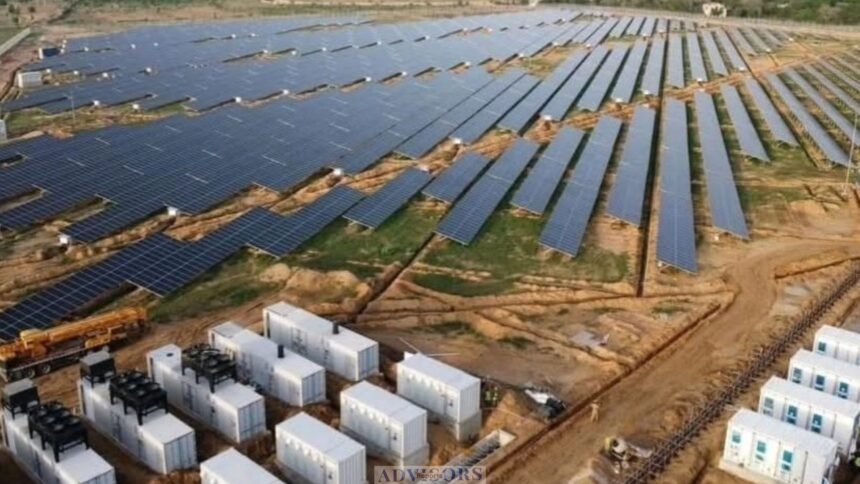“We de-risked solar project financing with dollar grants to absorb non-operational risks”- Dr. Aliyu, REA MD
… says “₦1.7trn 2025 budget allocations spread across multiple agencies require harmonized framework”
Oredola Adeola
The Federal Government, after mobilizing more than $2 billion in public financing to de-risk Nigeria’s renewable energy sector, has called on commercial banks to move beyond micro-level support and take on large-scale implementation risks.
He noted that the government has de-risked the financing process to the extent of providing dollar-denominated grants, ensuring that all risks outside the scope of operations are absorbed by the public sector.
Chief Adebayo Adelabu, Minister of Power, represented by Dr. Abba Abubakar Aliyu, Managing Director of the Rural Electrification Agency (REA), made the call in his keynote address at the Renewable Energy and Energy Efficiency Associations Alliance (REEEA-A) 2025 International Conference in Lagos on Tuesday.
Speaking on the theme of the conference, “Energy Transition- From Rhetoric to Actions in Nigeria,” the Minister urged Nigerian commercial banks to take bold steps in financing the country’s energy transition, stressing that it has already de-risked renewable energy investments to catalyze private sector participation.
Providing context to the aggregated $2 billion highlighted by Advisors Reports in his keynote address, Chief Adelabu explained that the sum includes the $750 million World Bank-backed Distributed Access through Renewable Energy Scale-up (DARES) programme, a public sector-funded initiative aimed at attracting an additional $1.1 billion in private investment.
He added that the funding pool also comprises a $200 million African Development Bank component, $190 million secured through the Global Energy Alliance for People and Planet (GEAPP), as well as ongoing negotiations with the AfDB and the French Development Bank for an additional $800 million package.
Dr. Aliyu, MD of REA, in his comment, noted that financing risks have been fully de-risked with dollar-denominated grant payments for renewable projects in Nigeria, leaving only implementation risks, which banks are expected to shoulder.
He said, “We have taken up all the financing risks through public funding structures, grants, and guarantees. Nigerian banks must now move from micro-level renewable industry support to large-scale financing and implementation.
“There is no other risk left for them to take,” Aliyu said.
He further emphasized that some banks, including FCMB, which signed a ₦100 billion financing MoU, as well as Stanbic IBTC, Standard Bank, and Access Bank, with $100 million commitments, have made progress.
Aliyu noted that despite these efforts, Nigeria remains the second-largest importer of photovoltaic (PV) solar panels in Africa, bringing in about 1,721 megawatts (MW) of panels in the 12 months leading to June 2025, trailing South Africa’s 3,784 MW.
Aliyu said, “With a population of 226 million people, over 45% of whom still lack access to reliable electricity, Nigeria loses an estimated $25 billion annually due to the power deficit.
“Bridging this access gap alone will require $23 billion in new investments, while the country’s Energy Transition Plan demands $410 billion to meet its targets,” he said.
Aliyu also suggested the need for an operational framework that harmonizes the substantial allocations already made across different government agencies.
He revealed that close to ₦1.7 trillion has been committed to energy-related projects in the 2025 national budget, not just under the Ministry of Power, but also through the Energy Commission, the Ministry of Science and Technology, the Development Commission, and other agencies.
According to him, better synergy and coordination are required to ensure that investments go into the least-cost, economically viable, and impactful projects.
He said, “We must align all operational frameworks so that interventions complement each other. For instance, grid expansion can deliver more impact than deploying solar streetlights indiscriminately. What we need is coordination to maximize value and outcomes.




